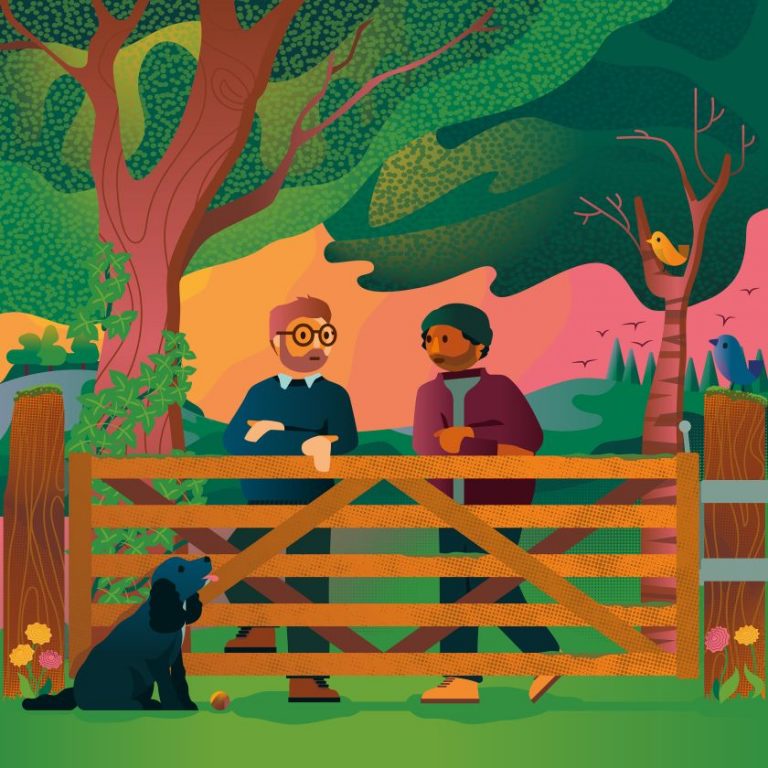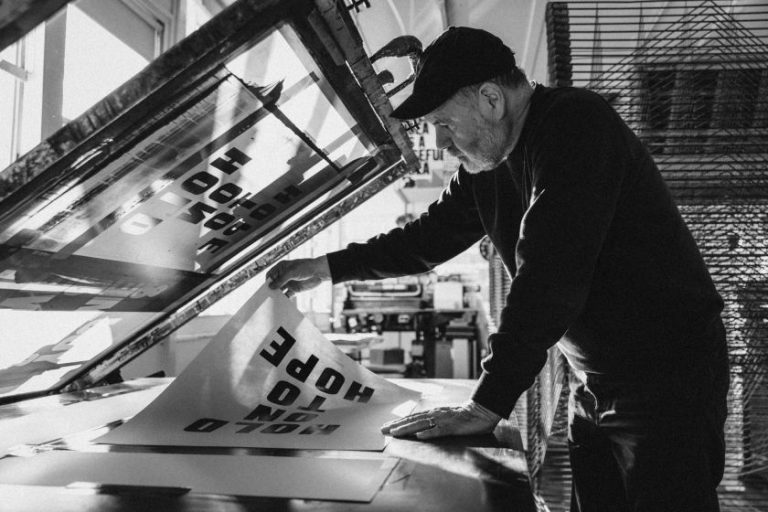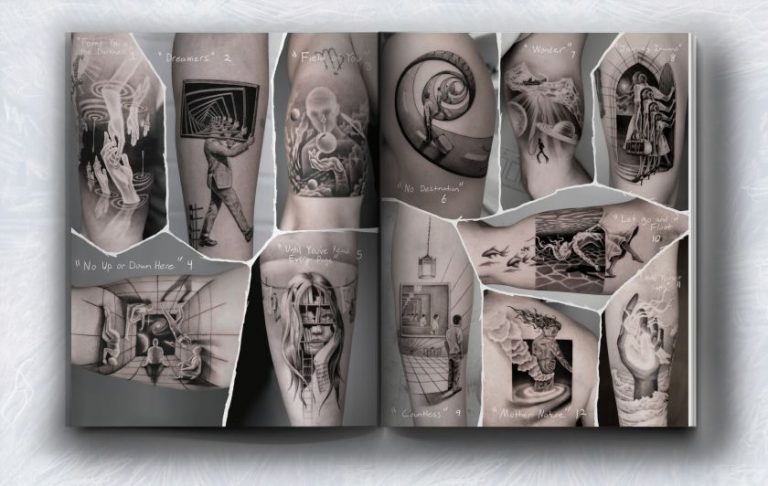In Slow Travel Britain, writer and creative director Liz Schaffer pens an image-filled love letter to this beautiful country and reveals the value of taking time to experience your surroundings.
In an age of instant communication and on-demand entertainment, it can often feel like the world is moving too fast. No sooner has an article like this appeared on your feed than it’s whisked away for the latest piece of content. Perhaps it’s time we all remembered the value of taking things slow.
This is the concept behind Liz Schaffer’s new book, Slow Travel Britain. Hoxton Mini Press publishes this gorgeous travel and photography book with Lodestars Anthology. It is a decidedly more relaxed exploration of this wonderful island and the places and people that make it special.
Broken down into 22 chapters, Slow Travel Britain offers inspiring ways for readers to explore England, Scotland, and Wales. Bursting with authentic recommendations on where to go and what to eat, this book is a welcome antidote to the habit of travelling around the world, ticking off landmarks, and chucking photos onto Instagram.
The book’s idea is itself an evolution of Liz’s independent travel magazine, Lodestar Anthology, which explores a single country per issue and frequently sells to a global audience of 10,000 people. Perfect for people looking for a mindful and sustainable way of travelling, Slow Travel Britain will surely make readers appreciate this country in a new light.
“Each of the 22 chapters explores a single region and the reason you should travel there – be that to forage in Pembrokeshire, commune with artists in Cornwall or embark on the ultimate road trip across the top of Scotland,” Liz tells Creative Boom. “There are stunning photos, essays and interviews that capture the essence of a place, as well as handy directories so that you can plan your own adventure.”
If you’re new to the idea of slow travelling, Liz describes it as deliberately taking things right down to basics and moving via slower methods of transport. Slow travelling can also mean embracing mindfulness or seeking routes which jolt you out of the ordinary. After all, who would want to rush through a spot of forest-bathing or basking in the sight of a stunning vista? “At other times, it entails doing nothing at all, merely finding a place that feels special and settling in for as long as itchy feet will allow,” Liz adds. Sounds like bliss.
Rather fittingly, Liz’s understanding of slow travel has gradually evolved over the course of a decade. “Before I founded Lodestars Anthology, I assumed slow travel was reserved for the daring,” she explains. “To join the fold, you had to own well-worn boots, crave high mountains and actively eschew creature comforts. But with each magazine I published, it became clear that slow travel was much simpler than this.
“While there might not be a clear-cut definition, it turns out that all you need when keen to move at an unhurried pace (be that physically or mentally) and be fully aware of the world around you is a sense of connection – to people the past or even a landscape.”
To capture the stunning images in the book, Liz worked with a team of photographers. These shared experiences of dashing off with other creatives to snap the wonders of nature helped shape the look and feel of the book and resulted in fascinating and unexpected conversations.
“More than that, though, many of the photographers were already keen slow travellers, and that shines through in their work,” Liz adds. “All have unique styles and skills, but how they play with light and find the absolute beauty in the scene before them really draws you into the image.”
She adds: “When it came to the design, that was just a case of trusting Hoxton Mini Press, who champion photographers. Fab paper stock, giving images the space they deserve, hiring a designer with a serious eye, valuing aesthetics over budget – you really can’t go wrong.”
Slow Travel Britain comes at a good time for the movement. Liz argues that slow travel is on the rise, with more people cottoning on to the value it provides. “I think a big part of slow travel’s appeal is how accessible slow travel can be,” she says in the book’s introduction. “While living in England, it’s been fascinating to discover that we don’t need to venture far, or for particularly long, to have a meaningful experience; awe can be found just one county over.
“Because when we’re not jumping from far-flung destination to far-flung destination (an urge that’s hard to ignore), we can fully immerse ourselves in a location. We observe its rhythms, notice the little things and start to feel like we are part of the place we’re exploring. Even the way we think might change – by submerging in a Munro-framed body of water or chatting to locals over coffee, we give creativity room to flourish and allow our minds to wander to some rather fascinating places.”
The process of making Slow Travel Britain has also changed how Liz sees the country. Originally from Australia, she has spent more than a decade living in Britain, and in 2022, she suspected her time in the northern hemisphere was coming to an end.
“In my mind, this book was going to be a farewell tour, a chance to visit places I’d always dreamed of exploring (the NC500 and the Cairngorms had been at the top of my bucket list for a while) and return to others I adored (who doesn’t love the Pembrokeshire coast in late Spring?),” she reveals.
“Unsurprisingly (although it came as a bit of a shock to me at the time), the book made me fall in love with my adopted home anew, and today, leaving no longer feels certain. I just need to find a way to flit between the two counties… I’ve always liked the thought of an endless summer.”
It was countless tiny moments that made Liz fall in love with Britain, including swimming beneath the waterfalls across the Yorkshire Dales, sailing at sunset aboard a restored fishing boat in Norfolk, climbing a Munro just before dawn, and remembering how liberating it is to do absolutely nothing while lounging in a Lake District hotel.
“Creating this book has been the most exciting, daunting, brilliant experience, and I hope it inspires you to set off somewhere fabulous and take your time while you do it,” she concludes.










